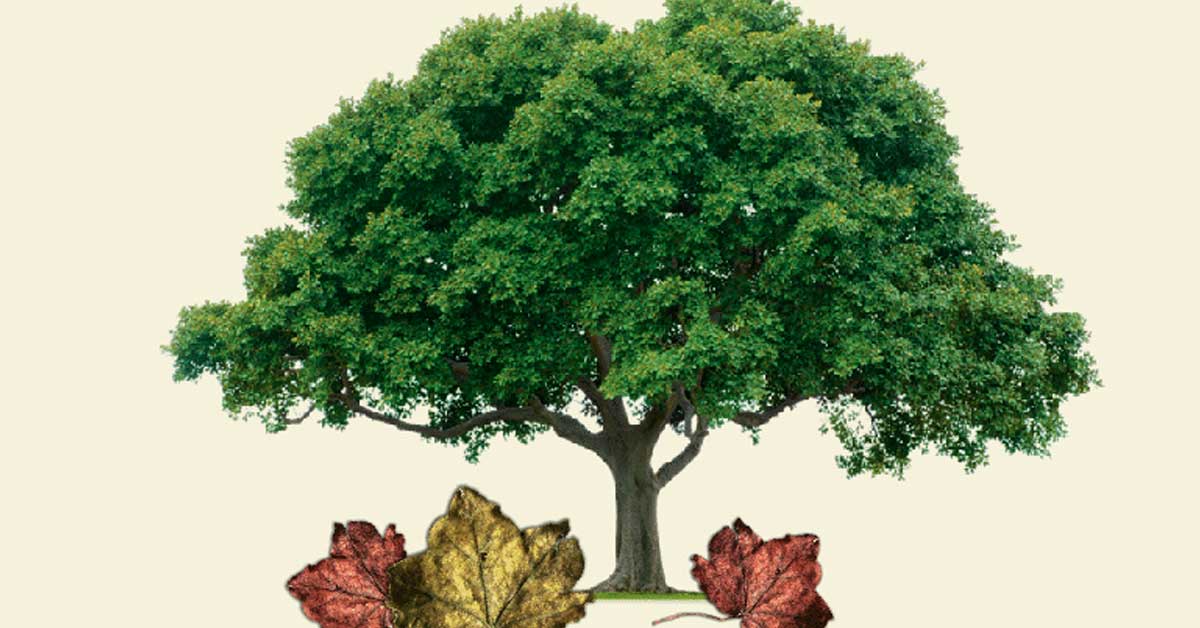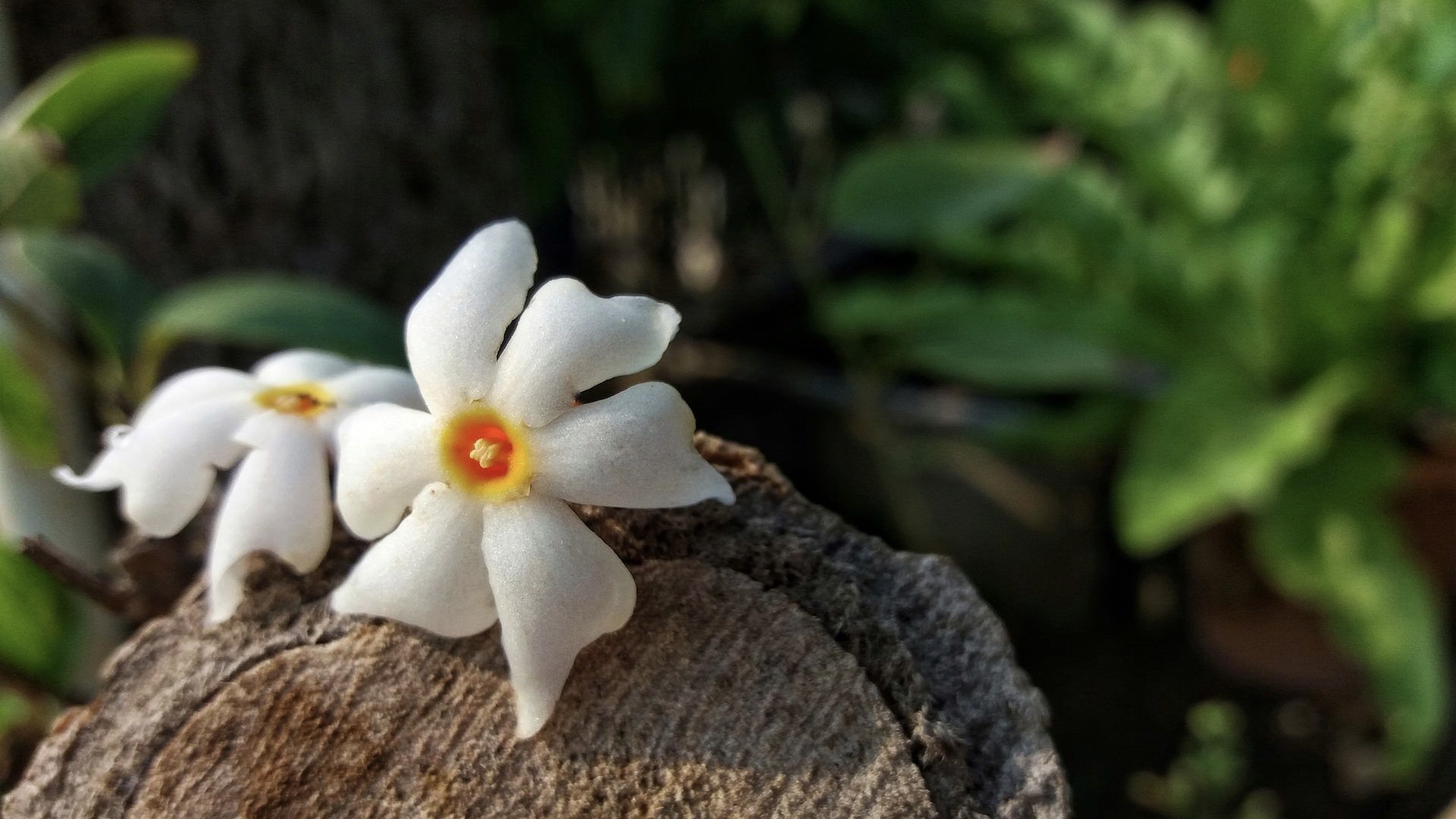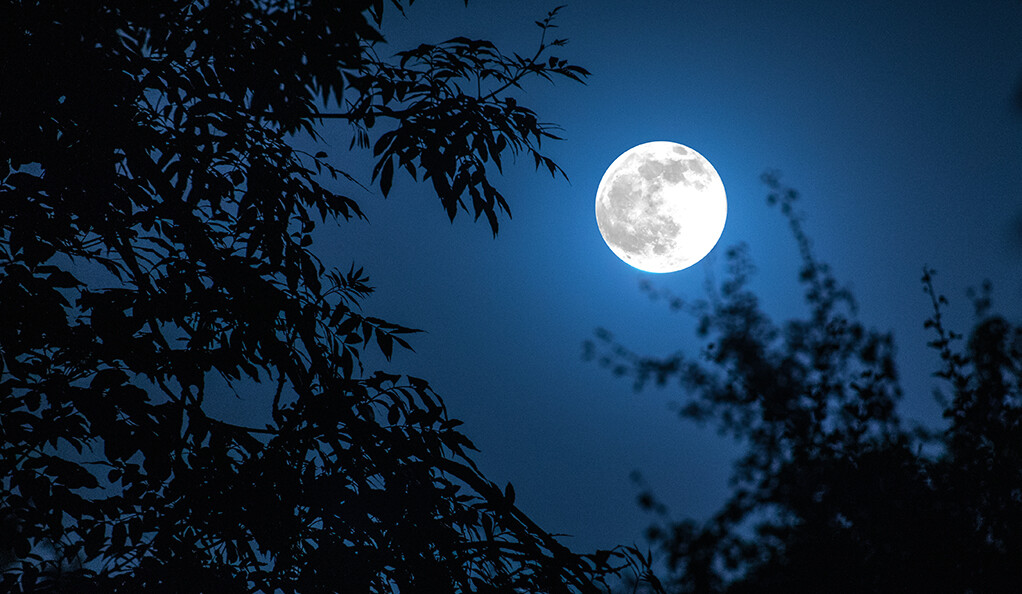What do you do with leaves that fall from trees in your garden and streets?
Burn them? Or leave them for the Municipal guys to carry them to a landfill?
Well, it’s time to wake up!
Slow-burning, smoldering fires produce the largest amount of pollution, so burning them is a big NO. The moisture trapped within leaves tend to burn slowly and generates carbon monoxide and cancer causing benzo(a)pyrene, which can cause coughing, wheezing, chest pain, shortness of breath and sometimes long-term respiratory problems. Several leaf and yard waste fires burning simultaneously in a particular locale can cause air pollution rivaling that from factories and motor vehicles.
Cities are running out of landfill sites, so filling them up with dried leaves is a very costly mistake. Cities abroad now ban leaf litter on trucks to landfills. They want people to use dried leaves as they are supposed to be used, as mulch, compost and soil amendment. Stop asking people to sweep them and burn them. Stop wasting this gift!
Composting leaves is the most eco-friendly alternative to burning. It’s easy and can be managed in your garden or housing society.
HOW TO MAKE LEAF MULCH
- Collect the day’s dried leaves in a bag
- Now add them in layers (12-18”) to a large aerated container like a wire mesh enclosure and sprinkle water on the layers to make the pile wet, but not saturated
- Repeat this layering until the bin is full
- After about 6 months or so, the mulch will be ready to add to your garden (it would have broken down a bit). You might see white areas on the leaves. This is a leaf fungus that adds to the mulch’s nutrient value
- If you want to make leaf compost then add some waste food, cow dung, fresh lawn clippings or any other organic accelerator.
ADVANTAGES OF LEAF MULCH
Soil Enrichment – Leaf mulch returns nutrients back to the soil. Your lawn and gardens will require less fertilizer and other additives.
Water Conservation – Leaf mulch helps retain moisture in soils. When soil is covered with leaf mulch, the mulch lowers the soil’s exposure to sun and wind which reduces evaporation.
Save Money – By managing your leaves on site, you eliminate the costs of haulage and fuel to landfill, making you a more responsible earth inhabitant.
Insulation – Mulch acts like an insulating barrier from the heat in the summer, from the cold in the winter and from the wind all year round. Mulch prevents compaction and erosion of soils from wind and rain.
Weed Control – Leaf mulch can help prevent the growth of weeds. Add a thick layer (2 to 3 inches) to gardens to reduce the need for herbicides.
Remember, when a tree sheds its leaves, it is giving us a gift – the ‘Gift of Nutrients’ that you can use to grow more trees.





